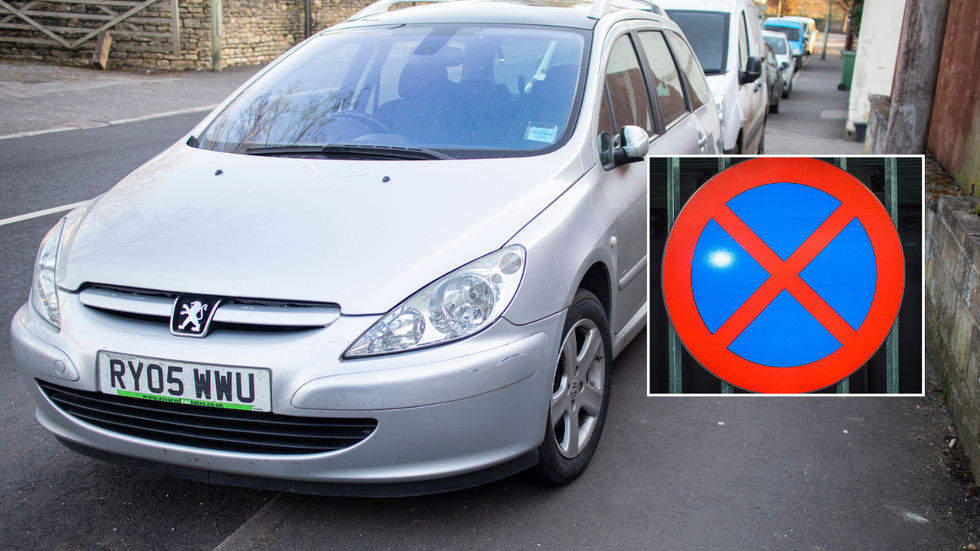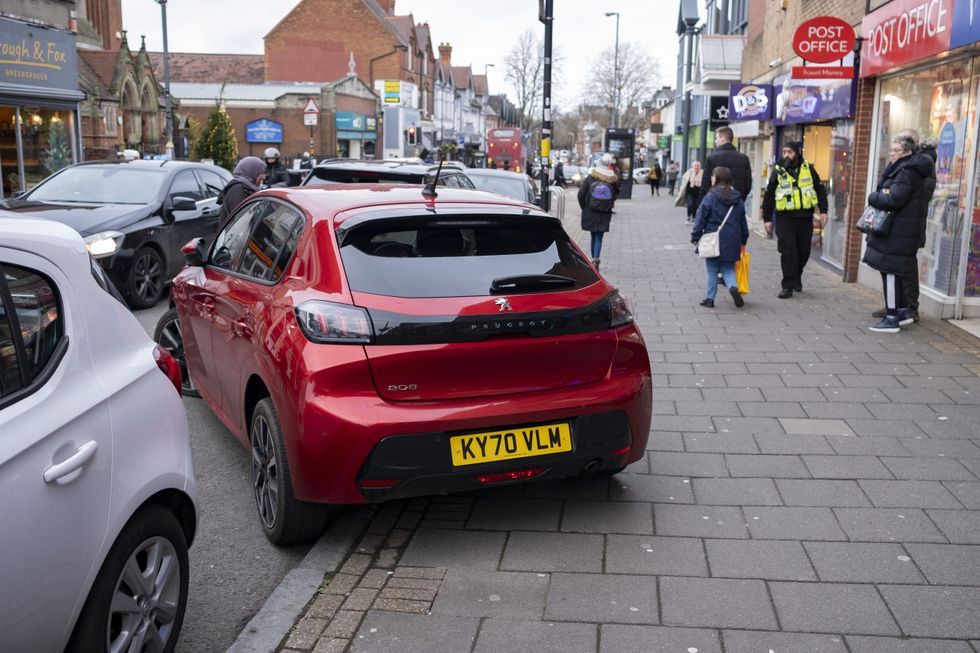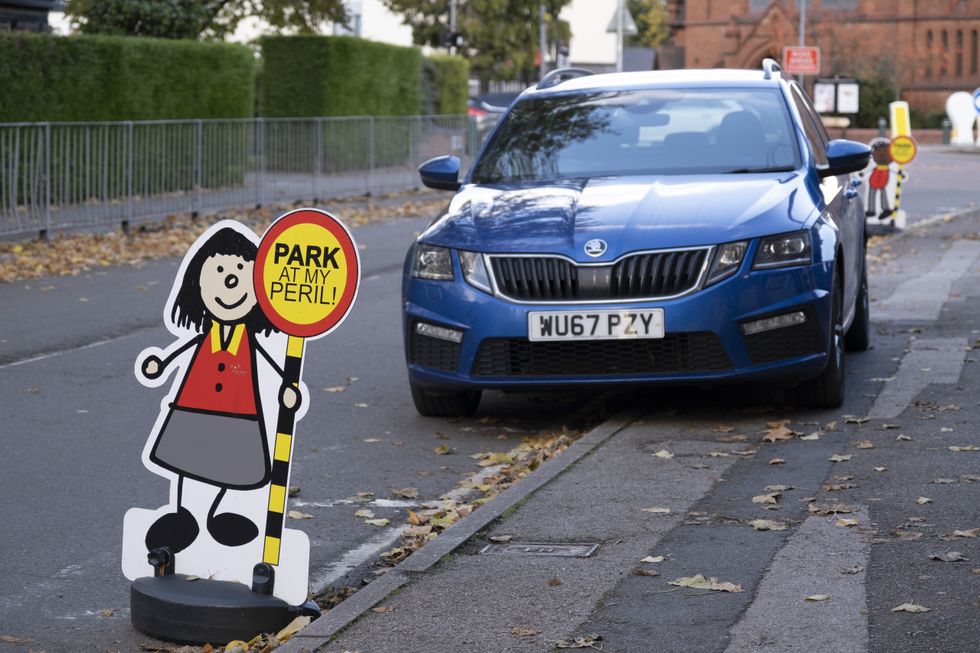New parking rules launch today with motorists risking 'instant' £100 penalty for driving offences

East Ayrshire Council will begin issuing warnings to drivers for pavement parking
Don't Miss
Most Read
Latest
New parking enforcement rules have come into effect today across parts of Scotland, with drivers now facing hefty penalties for breaking the rules.
East Ayrshire Council has introduced a new pavement parking ban from today as part of a phased approach to crack down on drivers causing a nuisance on roads.
Under the new measures, drivers can be fined for parking on pavements, dropped kerbs, or double parking within the region.
To help drivers get to grips with the new regulation, the council has decided to issue warnings to drivers this month, with official fines coming in on Monday, July 7.
Do you have a story you'd like to share? Get in touch by emailing motoring@gbnews.uk

Drivers will be fined £100 for breaking the new pavement parking ban
|GETTY/PA
From this date, parking attendants will be able to issue an "instant" parking ticket of £100 to drivers caught breaking the rules, although this can be halved to £50 if paid within 14 days.
The rules follow the Transport (Scotland) Act 2019, which made it easier for local authorities to introduce new parking enforcement in a bid to improve road safety for pedestrians.
Councillor Jim McMahon said: "We’re hoping that by starting with a phased approach to the enforcement, we will give people some time to get used to the upcoming official enforcement measures.
"Every driver is responsible for parking their vehicle considerately, and in a position that will not cause an obstruction to the pavement or road."
The need for enforcement comes after research revealed the impact that parking on pavements has on the local neighbourhoods. The council warned that pavement parking can prevent access to people with disabilities or those pushing prams or buggies, who could be forced to use the road instead.
Double parking also makes it more dangerous for vulnerable people to cross the road safely, as well as causing traffic congestion.
McMahon added: "We want to provide a safe and accessible environment for everyone, especially those with sight impairments, mobility issues or anyone pushing buggies who will no longer need to walk on the road.
"I’m looking forward to seeing our streets becoming safer and more accessible as a result of the new enforcement work."
LATEST DEVELOPMENTS:
- Rod Stewart, 80, helps boost Ferrari sales with £2.9million auction - 'Resonates across generations'
- Major tunnel to undergo safety repairs and lane closures causing months-long delays - 'Frustrating'
- New transport option could remove thousands of petrol and diesel cars from UK roads - 'Really needed'

Scotland introduced new powers for local authorities in 2023 to put in place pavement parking bans
| GETTYUnder the rules, Blue Badge holders will face the same punishments for breaking the pavement parking ban, with some exemptions in place for emergency services and medical practitioners in emergency situations.
Meanwhile, vehicles used for undertaking works on roads or the removal of obstructions can also be exempt from the ban.
Transport Scotland explained that exemptions can only be applied if certain criteria are met, with the decision down to the relevant local authority.
The decision to introduce pavement parking bans was debated heavily in the Scottish Parliament, with the move receiving unanimous cross-party support.

Under the rules there will be limited exemptions for emergency services and medical practitioners
| GETTYThe measures introduced by East Ayrshire Council follow similar rules introduced across Scotland, with many cities including Glasgow and Edinburgh, as well as regions in the Highlands.
Transport Minister Fiona Hyslop warned that "the message here is clear, pavement parking is unsafe, unfair and illegal, and you could be fined up to £100 for it".
She said: "We’re highlighting the danger that illegal pavement parking poses to pavement users, and in particular those with mobility issues or visual impairments, or parents pushing prams and buggies."
Hyslop also explained that the change in legislation hopes to support active travel as well as reduce emissions and help meet climate change targets.











